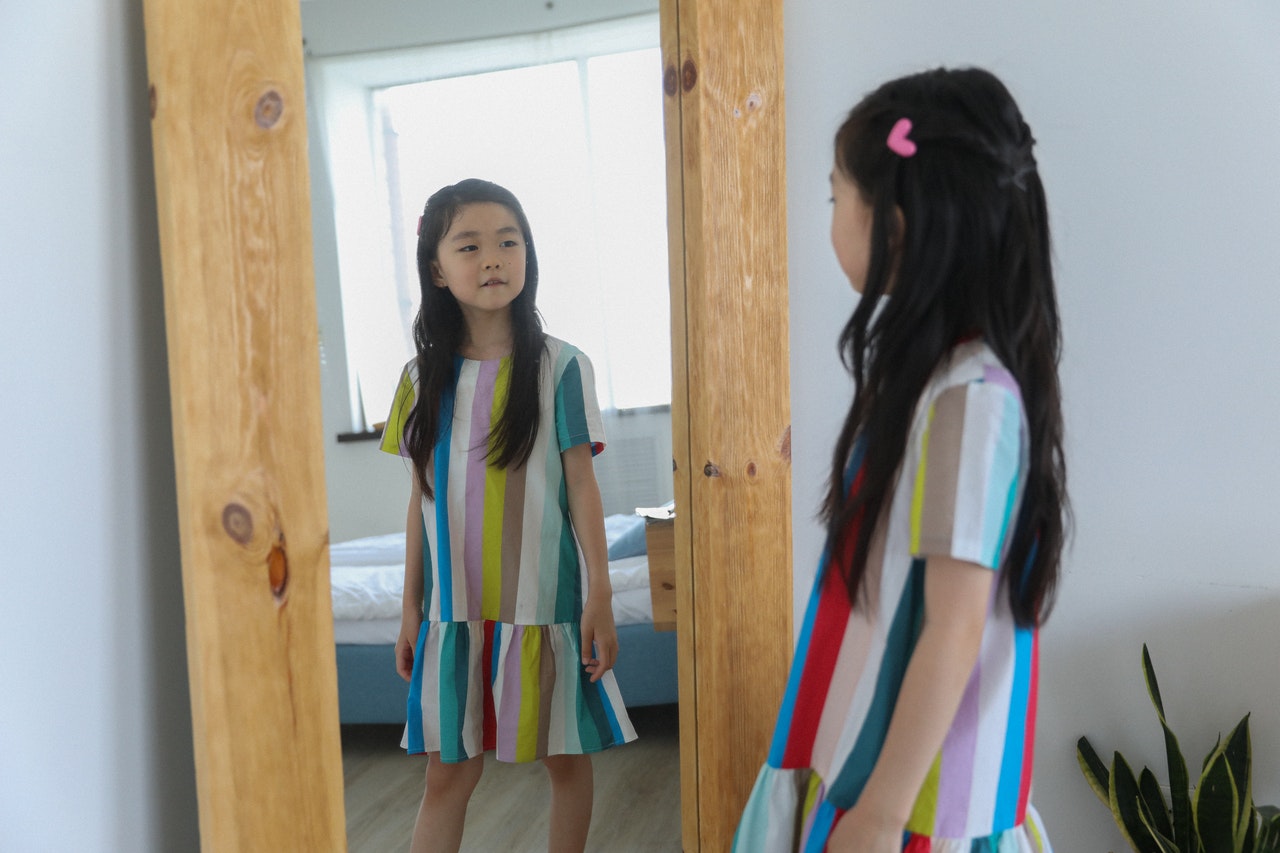Ask the Experts: Adam Pletter

In the second installment of FOSI’s Ask the Expert series, Good Digital Parenting’s Dr. Elizabeth Milovidov spoke to Dr. Adam Pletter about how families can handle Back to School. Dr. Pletter provides his opinion so that families will be able to better manage screen time during the summer or transitioning back to school. Dr. Pletter specifically highlights that whether the school year is virtual learning, in-person, or something in-between, it can be hard to navigate setting boundaries and access to what your child can consume in the ever present digital world.

Dr. Adam Pletter is a licensed clinical psychologist in Maryland, who received his doctoral degree from George Washington University and specializes in the treatment of children, adolescents, and young adults. Dr. Pletter developed and runs iParent101, LLC, a digital parenting company, through which he consults with parents as well as technology companies.
With over 20 years in private practice, I’m sure that you are frequently asked about screen use management. Can you share with us exactly how families can find balance or better boundaries?
Remember that balance is not a goal or a destination to reach, yet a process of constant adjustment and adaptation. Clear and reasonable boundaries help all humans (young and adult) manage expectations and learn to self regulate.
Here are some basic tips I recommend to families:
Have a daily routine and outline the plan for the day – Depending on the age of your children, this will be familiar as most classrooms, schools, and even camp programs utilize a daily structure to move from activity to activity throughout the day.
Always attempt to include a variety of sensory experiences to help children (and yourself) to feel motivated for the next task on the agenda with an intent to use different parts of their brain and body – During the summer months, weather permitting, frequent breaks should be taken and include going outside and engaging with the environment (e.g., swimming, running, nature walks, biking, etc.). Be creative inviting your kids to think of ways of using all 5 senses and different muscle groups (e.g, Ice cubes, hot showers, a variety of foods and spices, music, art, etc.). Challenging yourself with novel, stimulating activities helps pursue the elusive feeling of balance and restorative energy. Just as you might take a break from the work-day with a walk outside, the same theory can be applied to your child(ren’s) schedule.
For parents of older children, do you have specific recommendations to help them?
Review/Preview for today and tomorrow – For teens and young adults, I recommend using the ‘Review/Preview’ approach (which is great to do before bed). Staring in the mirror (e.g., while brushing teeth), take a moment to review the day. Ask yourself, how did it go? Were you (they) successful accomplishing the basic tasks for the day?
This quick review is essential to build motivation and reinforce sticking with your plan. Second, ‘preview’ allows you to go through what you are planning for tomorrow. Anything outstanding from today that remains important to you should be put on the plan for tomorrow. Rinse and Repeat. This approach should take minutes and help create the feeling of excitement for a productive tomorrow.
As screens are ubiquitous, how can parents and caregivers support their children in having positive interactions with the Internet, technology, and social media?
Practice the 5 second time-out challenge – While watching TV, YouTube videos, gaming or scrolling social media, intentionally look away for 5 seconds while taking a slow breath in through your nose and out through your mouth. Then refocusing on the task (i.e. on the screen) at hand helps to reset and become more aware of how you are prioritizing your attention, focus, and time. This exercise practiced over time allows for an individual to exercise the muscle of intentional focus but also strengthens the ability to prioritize tasks at hand versus getting lost in a screen-time activity.
Use a timer to increase awareness and keep better track of time spent in front of the screen– The modern digital world is designed to keep users plugged-in and focused on the screen stimulation. Children and adolescents have immature brain development and naturally are vulnerable to hyperfocusing and losing track of time while processing exciting digital content and social interactions. Increasing awareness of time spent is critically important for children (and adults!). A great use of technology in this case would be to simply ask Siri or Alexa to set a timer.
What resources can you share to support families as they struggle to find balance and boundaries?
The tips above are what I share in my practice and while this might feel overwhelming to add into your schedule or routine, remember it’s all about seeking balance. Test some of these tips and see what works for you and your family. You can also find more ideas and resources on modern parenting in the digital world in my eBook.

 Elizabeth Milovidov
Elizabeth Milovidov